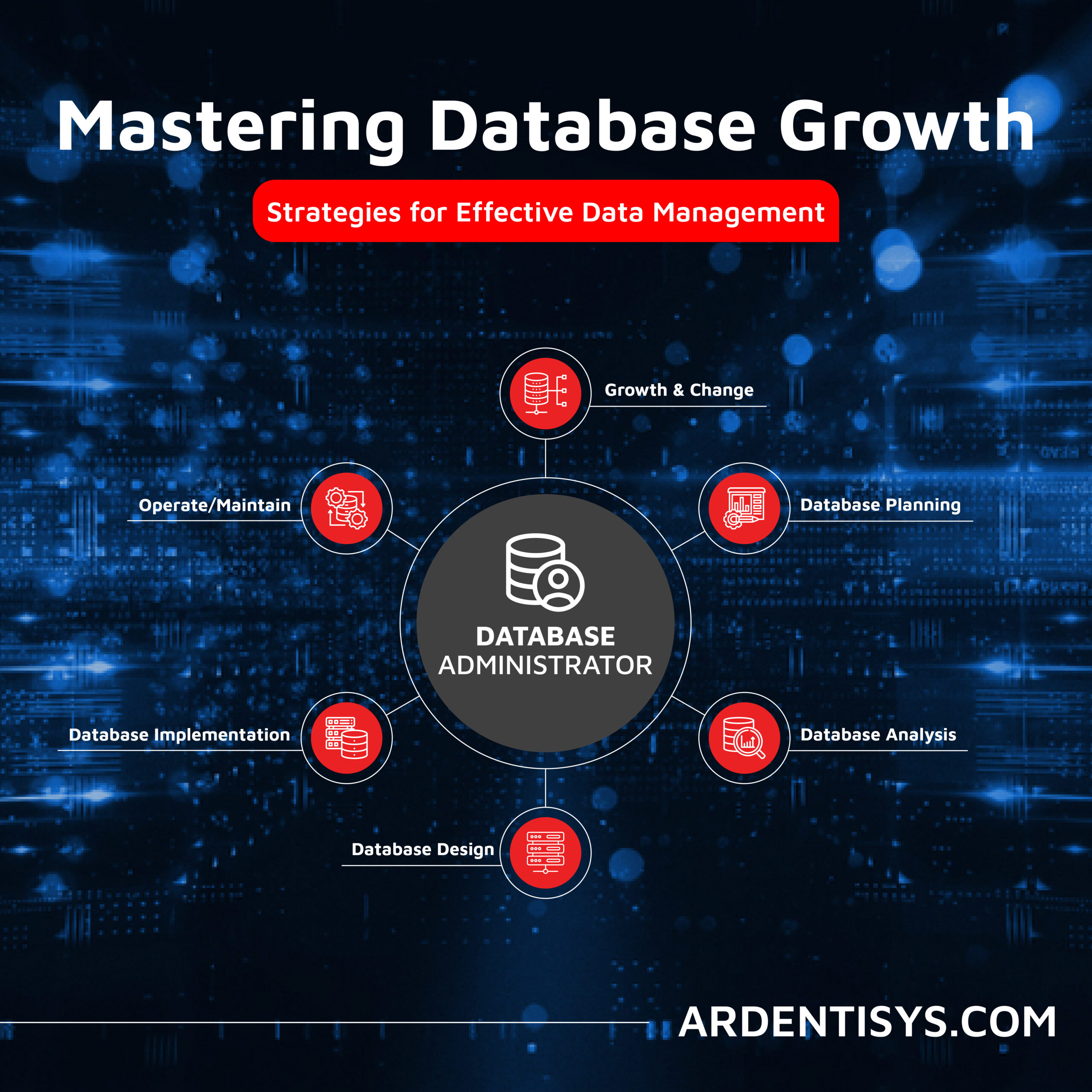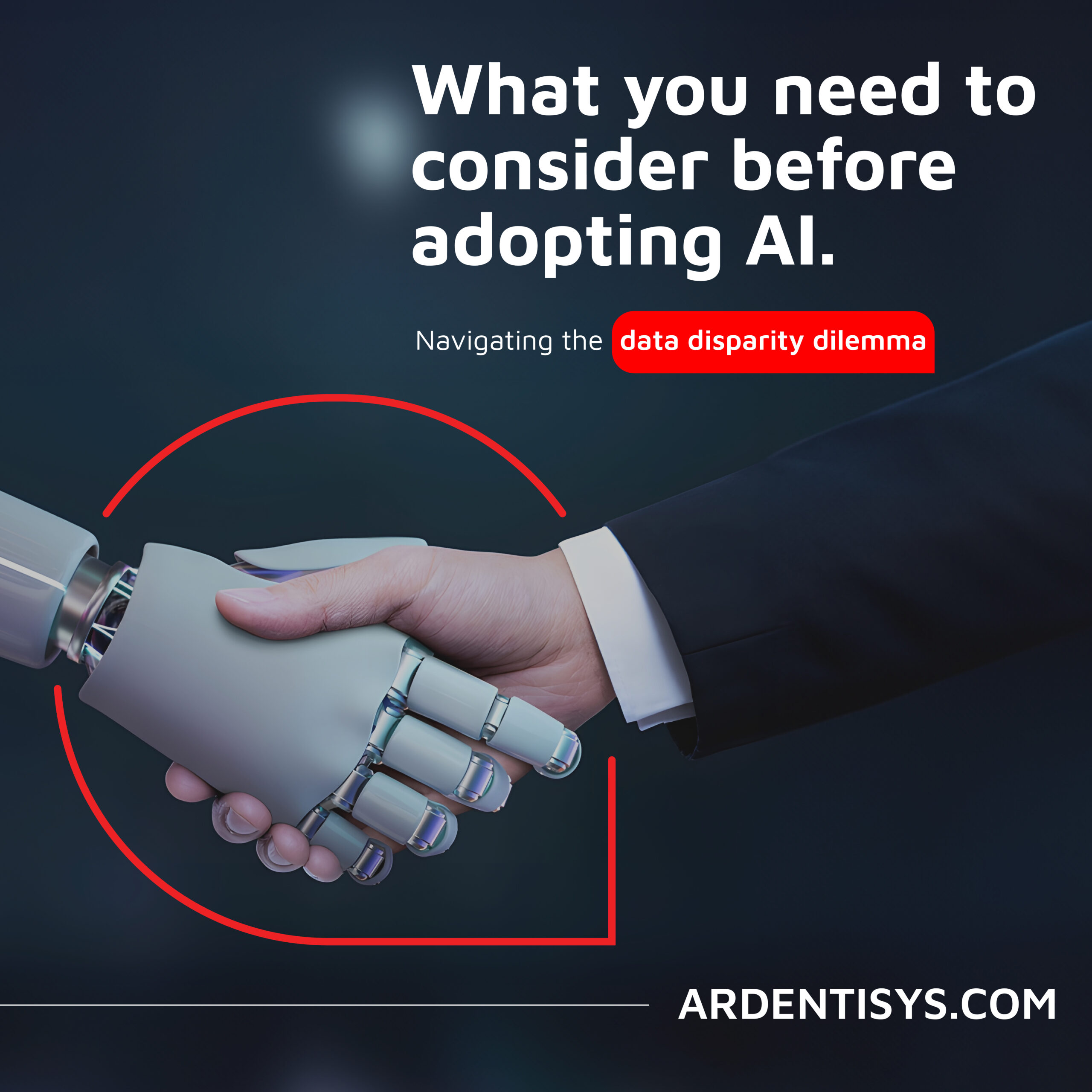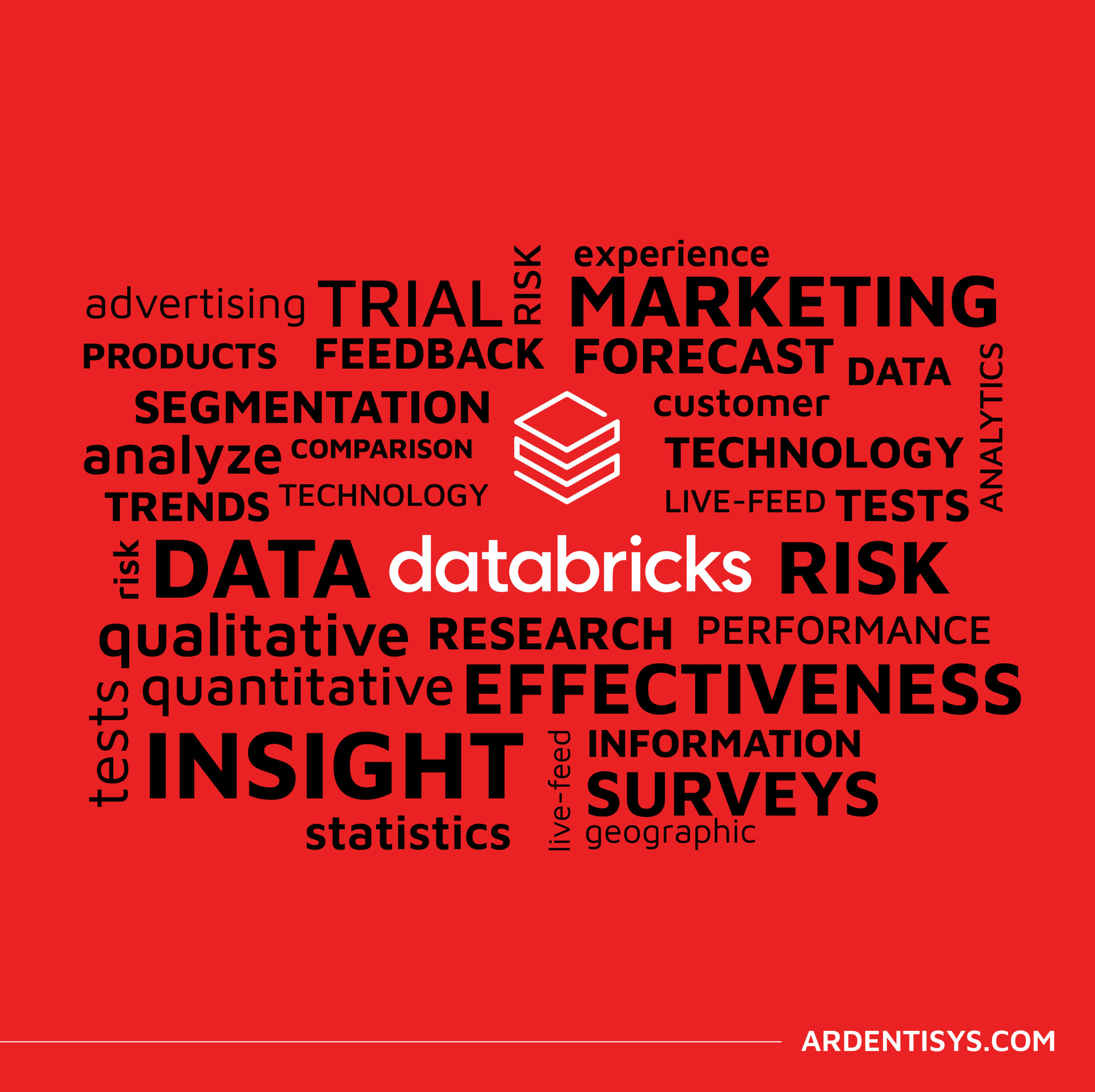Data warehouse vs Data Mining – what are the key differences?
24 October 2022 | Noor Khan

When it comes to data science, analytics, storage, and management, there are a lot of different terms and phrases used, and some are quite similar. This can make it difficult to keep track of what is being discussed, what the terms mean, and how it applies to you and your data.
In this article, we are going to discuss data warehousing and data mining, what the terms mean and how this applies to data sets, and what the differences are between these processes, to make it easier to understand.
What is Data Warehousing?
A Data Warehouse (also known as a Database Warehouse), is a storage area that is designed to collect information (data) from multiple sources, organise it, and support Business Intelligence (BI) activities.
The data may be stored on-premises, which means that it is being held on physical hardware (servers), or it may be saved on a cloud service, which has no physical hardware and is a Software as a Service (SaaS).
Some of the most popular data warehouse services include:
- Redshift (Amazon Web Services - AWS)
- Azure (Microsoft)
- Big Query (Google)
- Snowflake
- Firebolt
Each platform has different functionality and abilities, as well as different interfaces for operations. Depending on your knowledge, abilities, and business needs there are pros and cons for each service that you would need to take into consideration before choosing which data warehouse to use for your data.
What is Data Mining?
Whereas data warehouses are receptacles for information, data mining is a process of detection, location, and extraction.
Data mining processes sort through datasets to identify patterns and relationships between the data, and data mining is often used as a tool or technique to predict future trends and allow businesses to make more informed decisions based on the data collected.
The process acquired its name because it has a similarity to traditional mining – digging down into resources, to identify valuable materials, and bring them to the surface.
Data warehouse Vs data mining
A data warehouse is a specific support function, a location (either physical or cloud-based) where the data is collected and sorted. The data warehouse compiles the information into searchable, ordered, and usable formats.
Data mining is then a process used to extract value and knowledge from data – this could be from a database warehouse, or it may be from a different source.
In short, a database warehouse is where the information goes to be compiled and organised, and the process of data mining is a process you can use to extract more useful information from it.
Making the fullest use of your data does require a lot of understanding, and the ability to apply different techniques to the datasets. If you are unsure about what you should be looking for, or what skills are required to fully leverage this, it is recommended that you seek advice and assistance, in order to really get the best value from your data, and your budget.
Ardent data warehousing services
Ardent provide data warehousing service to a number of clients in order to make their data secure, accessible and organised. A well-architected data warehouse can provide benefits to organisations dealing with large volumes of data. If you are looking for highly experienced, data engineers with a proven track record, we can help. Get in touch to find out more or to set up a quick discovery call.
Ardent Insights

Overcoming Data Administration Challenges, and Strategies for Effective Data Management
Businesses face significant challenges to continuously manage and optimise their databases, extract valuable information from them, and then to share and report the insights gained from ongoing analysis of the data. As data continues to grow exponentially, they must address key issues to unlock the full potential of their data asset across the whole business. [...]
Read More... from Data warehouse vs Data Mining – what are the key differences?

Are you considering AI adoption? We summarise our learnings, do’s and don’ts from our engagements with leading clients.
How Ardent can help you prepare your data for AI success Data is at the core of any business striving to adopt AI. It has become the lifeblood of enterprises, powering insights and innovations that drive better decision making and competitive advantages. As the amount of data generated proliferates across many sectors, the allure of [...]
Read More... from Data warehouse vs Data Mining – what are the key differences?

Why the Market Research sector is taking note of Databricks Data Lakehouse.
Overcoming Market Research Challenges For Market Research agencies, Organisations and Brands exploring insights across markets and customers, the traditional research model of bidding for a blend of large-scale qualitative and quantitative data collection processes is losing appeal to a more value-driven, granular, real-time targeted approach to understanding consumer behaviour, more regular insights engagement and more [...]
Read More... from Data warehouse vs Data Mining – what are the key differences?






